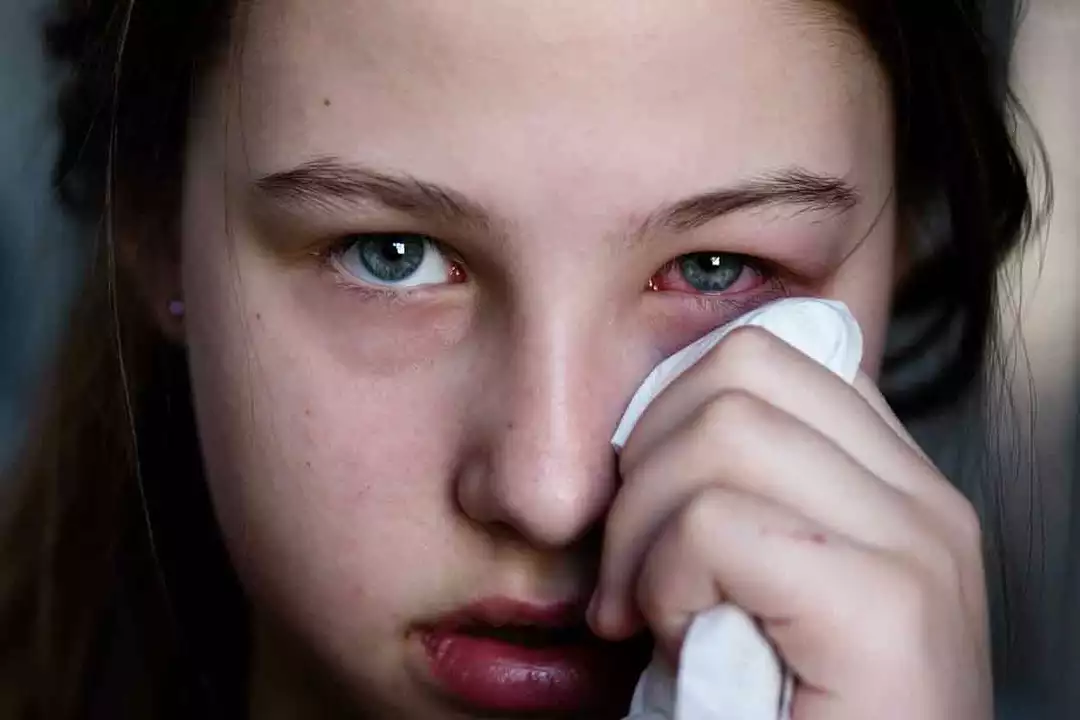Allergies: Quick Help, Smart Choices, and What to Try First
Allergies can hit fast and ruin your day. Sneezing, itchy eyes, a stuffy nose, wheeze — they show up when your immune system overreacts to pollen, dust, pet dander, mold, or foods. You don’t always need a doctor. Simple steps at home often ease symptoms and keep attacks less frequent.
Start by identifying the trigger. Keep a short diary: note what you eat, where you go, and when symptoms flare. A pattern will usually emerge within a week or two. For indoor triggers, vacuum with a HEPA filter, wash bedding weekly in hot water, and use a dehumidifier to cut mold. For pollen, check daily pollen counts and stay indoors on high days.
Fast relief options you can try now
Over-the-counter antihistamines like cetirizine, loratadine, and fexofenadine work well for runny nose, sneezing, and itch. Nasal steroid sprays reduce inflammation and are safe for long-term use when used as directed. Short courses of oral decongestants help a stuffed nose but watch blood pressure and sleep problems. For eye symptoms, antihistamine eye drops give quick comfort.
If you’re pregnant, some sprays and medicines are safer than others. Oxymetazoline and phenylephrine have limits during pregnancy; steroid nasal sprays are often preferred. Check our guide on nasal sprays in pregnancy for details and talk to your prenatal care provider before starting anything.
When medications aren’t enough
Allergy shots (immunotherapy) and sublingual tablets can change how your immune system reacts and cut symptoms long term. They’re an option when pills and sprays don’t help. A specialist can test which specific allergens bother you and design a plan. For asthma linked to allergies, rescue inhalers like albuterol or levalbuterol act fast, and there are pediatric alternatives to know about for kids.
Natural measures can help too: rinsing nasal passages with saline, running an air purifier, and avoiding peak pollen times. But be careful with unproven supplements—some have side effects or interact with medications.
When should you see a doctor? If breathing gets hard, symptoms affect sleep or daily life, over-the-counter meds fail, or you get repeated sinus infections. Also see a doctor if you suspect dangerous food allergies or if symptoms start suddenly and severely.
Want practical reads? We have in-depth pieces on alternatives to common antihistamines, safe nasal spray choices in pregnancy, and how asthma rescue inhalers compare. Explore our allergy-tagged articles for straightforward tips, drug comparisons, and step-by-step advice to make better choices for you and your family.
Start today by picking one change: buy a HEPA filter, set a reminder to wash sheets weekly, or try a daily non-drowsy antihistamine for two weeks and note improvement. If symptoms improve, you found what helps. If not, book an allergy test or see your primary care. For detailed drug guides, dosing info, and safe online pharmacy tips, check our linked articles under this tag. Bookmark the page and come back when symptoms spike — we update advice and drug comparisons regularly.
Stay prepared and breathe easier.

